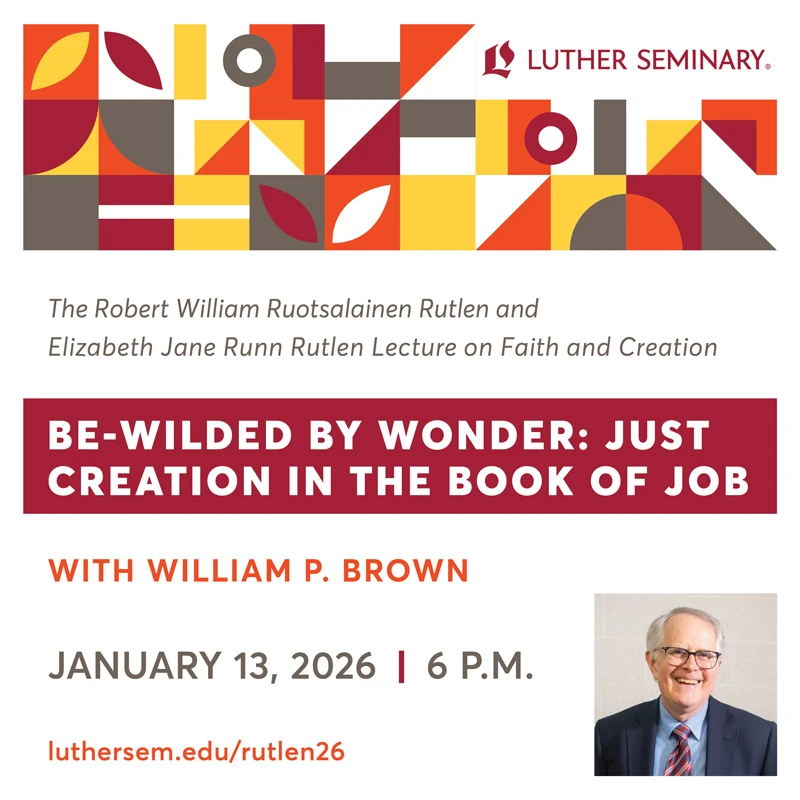SUMMARY
In this bizarre prophetic narrative, IsaiahIsaiah, son of Amoz, who prophesied in Jerusalem, is included among the prophets of the eighth century BCE (along with Amos, Hosea, and Micah)--preachers who boldly proclaimed God's word of judgment against the economic, social, and religious disorders of their time. More embodies and enacts a prophetic warning, by walking around “naked and barefoot” for 3 years.
ANALYSIS
Throughout prophetic literature, prophets often engage in what are known as “sign acts.” These dramatized actions or life experiences serve as embodied prophetic messages, where the prophets’ deeds and lives themselves convey divine communication to their audiences.
In this case, Isaiah apparently walked around for 3 years naked at the command of YHWH. Isaiah’s actions were intended to convey that the king of Assyria would defeat and subjugate both Ethiopia and Egypt. This would result in shame and humiliation.
But Isaiah is an inhabitant of Jerusalem. Why would this message matter there? It was a way of discouraging his people from relying upon the likes of Egypt or Ethiopia to deliver them from the hand of Assyria. Isaiah underscores the weakness of Egypt and Ethiopia, revealing them as unreliable and untrustworthy allies in any conflict against the far more powerful kingdom of Assyria.
Like many passages in Isaiah, this text challenges the audience to reflect on where they place their trust.

